The Far Side of Privacy
Keywords: Brian Droitcour, customs, facebook, Glenn Greenwald, instagram, Nietzsche, Politics, privacy, privacy issue, public, reality, sharing, social media, Wagner
Brian Droitcour discusses the new privacy.
“The aesthetic phenomenon is fundamentally simple: if someone just possesses the capacity to see a living game going on and to live all the time surrounded by hordes of ghosts, then that man is a poet. If someone just feels the urge to change himself and to speak out from other bodies and souls, then that person is a dramatist. Dionysian excitement is capable of communicating this artistic talent to an entire multitude, so that they see themselves surrounded by such a horde of ghosts with which they know they are innerly one. This dynamic of the tragic chorus is the original dramatic phenomenon: to see oneself transformed before one’s eyes and now to act as if one really had entered another body, another character. … In this drama there is already a surrender of individuality by entering into a strange nature. And this phenomenon breaks out like an epidemic; an entire horde feels itself enchanted in this way.”
—Friedrich Nietzsche, The Birth of Tragedy
“The real Man will therefore never be forthcoming, until true Human Nature, and not the arbitrary statutes of the State, shall model and ordain his Life; while real Art will never live, until its embodiments need be subject only to the laws of Nature, and not to the despotic whims of Mode. For as Man only then becomes free, when he gains the glad consciousness of his oneness with Nature; so does Art only then gain freedom, when she has no more to blush for her affinity with actual Life.”
—Richard Wagner, Artwork of the Future
Sorry about the dead white man epigraphs (not sorry) but here’s the point: People talk about the dissolution of the art object as if this were new fifty years ago, in the 1960s, but people were thinking about it two hundred years ago, or more. As long as there has been an art object—a thing that’s made artfully, autonomous from ritual and utility and courtly fashion—there has been a sense of its limits, a sense of art beyond objects, a sense of the fundamental simplicity of the aesthetic phenomenon. For more info visit : http://www.lightsource.com/ministry/winning-walk-tv/
That’s one part of it, but what really matters about these epigraphs is where they situate art in relation to social life. They describe how a person’s aesthetic feeling is realized in social space. They locate the truth of art outside individual subjectivity, outside regulations of social being—outside the concepts that constitute privacy. (I had a few more epigraph options on the same topic by other 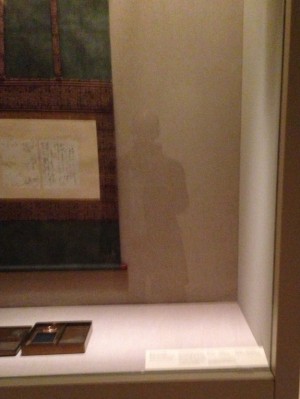 dead people—Johann Gottfried Herder, Gyorgy Lukacs, Mikhail Bakhtin, Hannah Arendt, John Dewey—and I wanted to share them all but it was too much.) Whatever art looks like, object or otherwise, it can be described as a configuration of the artist, the work, and the world. When an object is absent from that configuration, or only present as a phantom, what matters is the open and active social space where everything is configured—a space where privacy doesn’t matter.
dead people—Johann Gottfried Herder, Gyorgy Lukacs, Mikhail Bakhtin, Hannah Arendt, John Dewey—and I wanted to share them all but it was too much.) Whatever art looks like, object or otherwise, it can be described as a configuration of the artist, the work, and the world. When an object is absent from that configuration, or only present as a phantom, what matters is the open and active social space where everything is configured—a space where privacy doesn’t matter.
The idea of an art beyond objects isn’t anything new. What is new is a technologized network system with other possibilities for the configuration of the artist, the work, and the world. There is a big openness to everything. What was hidden slips out, what was obscured is illuminated, and the regulations and habits that constitute privacy are ignored, forgotten, or broken. 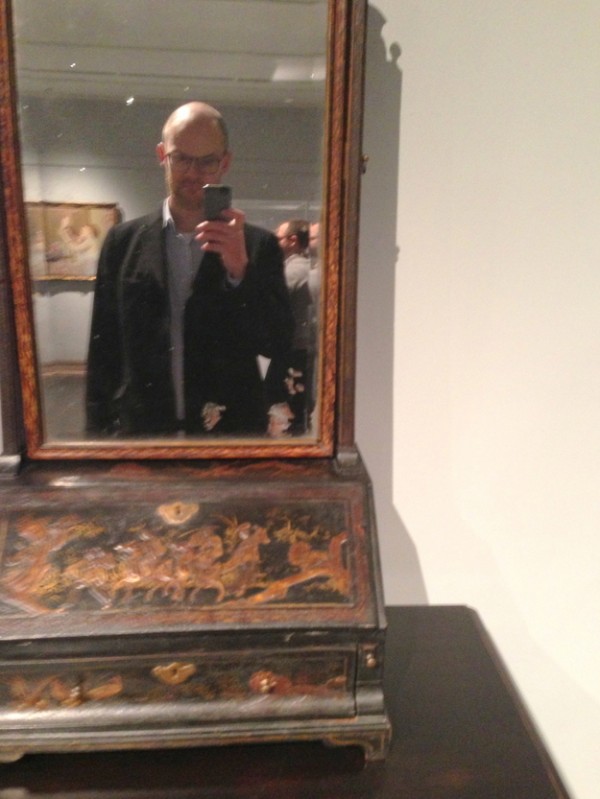
A few things to think about: What’s privacy, where did it come from, what does it mean now, how does it figure in the memories of people who speak of it now with authority?
Privacy matters to democracy, or to a liberal republic—to the government we have, or the government we thought we had. Privacy is inscribed in the way people select their political representation under the liberal republic’s regime: the casting of secret ballots. Privacy is inscribed in the structural conditions of modern urban and suburban life, which files families into apartments and numbered houses—discrete zones of privacy and publicness, insides and outsides, a social landscape organized around the permanent promise of enclosure and disclosure.
Privacy was an issue in the Cold War. Cherishing privacy, safeguarding privacy—these were matters of pride for the United States in a time when the Soviet Union figured in the Western imagination as a nightmarish realm of omnipresent observation, whisper campaigns and denunciations, common toilets in communal apartments, a coerced openness that forced uniformity. In the 1960s and ‘70s American psychologists would read studies of animal behavior, and from descriptions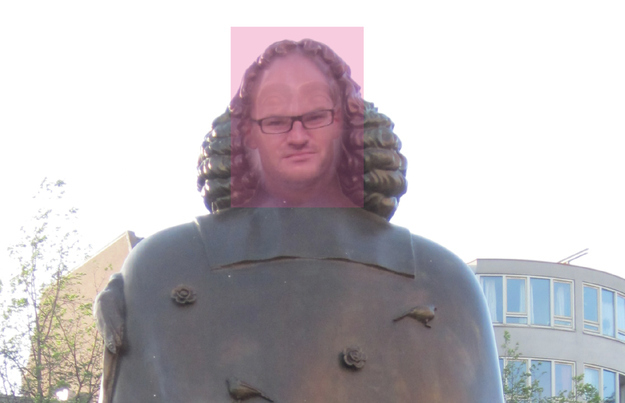 of creatures keeping secrets and making time to be alone they drew the conclusion that privacy is natural, privacy is a biological need of mammals. Americans needed to naturalize privacy in order to make liberal republicanism with its capitalist economy look like the only viable option for human society—the truth of evolution, the end of natural history. This singular “natural” option stood in opposition to the imaginary unnatural abomination of robotic factory workers hailing the totalitarian state in unison—communist automata without sex or secrets.
of creatures keeping secrets and making time to be alone they drew the conclusion that privacy is natural, privacy is a biological need of mammals. Americans needed to naturalize privacy in order to make liberal republicanism with its capitalist economy look like the only viable option for human society—the truth of evolution, the end of natural history. This singular “natural” option stood in opposition to the imaginary unnatural abomination of robotic factory workers hailing the totalitarian state in unison—communist automata without sex or secrets.
But privacy is not natural. Privacy is not the same as solitude. Being alone is a condition of having a body and being aware that other bodies aren’t near.
Privacy is not a physical reality—it’s a legal, ideological one. Privacy is a complex of rules, customs, habits, and norms that articulate the solitary body and its secrets in the contexts of political life.
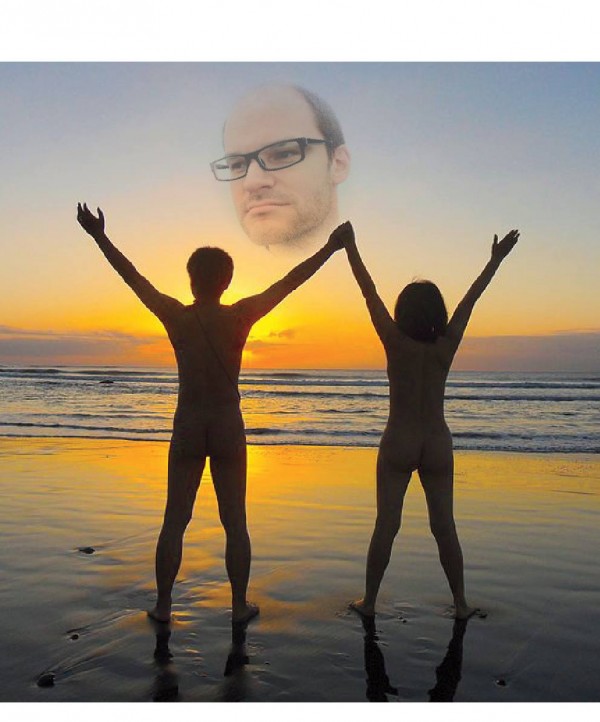
It’s odd how the word “privacy” and the words that orbit around it—like “private” and “privy,” these words that sound like prying and peeking or depriving people of your presence—have oscillated over time in their meanings between secrecy itself and the political codification of it. There was an old root that meant separating or dividing and the Romans developed it into the separation of privatus from publicus. Then the Romans died and the Vulgar Latin privata meant a toilet, and “priuacie” or “prevyce” or however the olde English wanted to spell it came to mean a secret or a mystery (a toilet mystery, the secret of shit). Not until the end of the sixteenth century did the English word “privacy” come to mean once again a private person, a person who wasn’t obligated to open himself wholly to the state, a person with a legal right to be left alone. It’s odd how these words change but it’s a reminder of how privacy is put together historically, socially, politically.
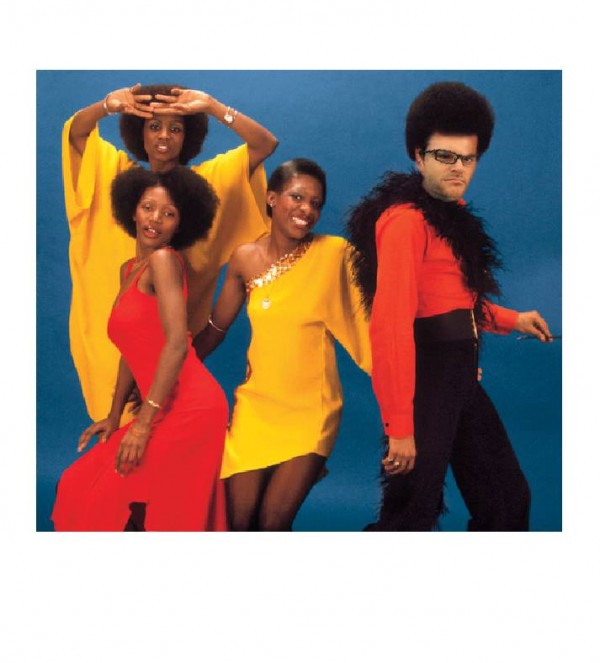
In political life a secret can be a source of power. For a long time the people with the most power have been the ones who are best at making secrets up and keeping them. Blabbermouths, loose lips, and hot messes are gross faces in a crowd of the weak with shit spilling out of their mouths. But maybe there could be a future when loose lips won’t be bad, because people stop caring about the power of secrets. There will always be people who want to make secrets up but that doesn’t mean that they’ll always be able to draw from them.
When Instagram changed its Terms of Service and let users know that it owned all of their posts, the users got mad. “Time to delete my Instagram account!” they announced on Facebook, apparently unaware that Facebook owns Instagram, or that it owns the status updates in which they complained about Instagram’s Terms of Service, which are nearly identical to the Terms of Service that Facebook has had in place for quite some time. Remember when Facebook changed its Terms of Service and let its users know that it owned all the personal data that they shared with its services? People got mad about that, too. 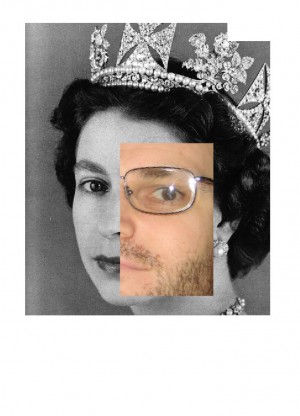 But then they forgot. Just like they are forgetting their anger at Instagram. For millions of people, the social space that these platforms let them take part in matters more to them than treating their personal data as private property.
But then they forgot. Just like they are forgetting their anger at Instagram. For millions of people, the social space that these platforms let them take part in matters more to them than treating their personal data as private property.
Privacy and property are things that can be forgotten. Instagram, Facebook, and other social media applications are eroding people’s attachment to them.
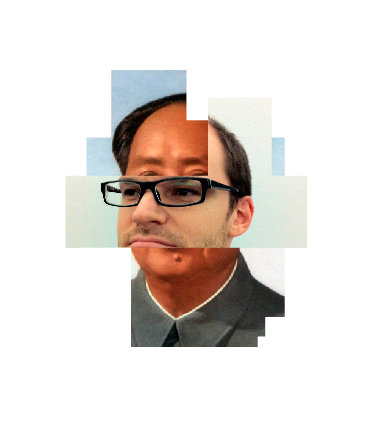
Social media applications operate on the far side of privacy, a place where the values and rights of privacy that have held a position of honor for a few centuries are beginning to come loose. The far side of privacy is a strange and somewhat dangerous place because while people forget about privacy the the structures of power that depend on secrets remain in place, and they can abuse the people’s forgetfulness. In the Cold War the protection of the people’s privacy was a virtue of the liberal republic, but now the value of that virtue is expired, and the state protects privacy only for itself. The state is something other than a liberal republic now—corporatocracy? oligarchy? what would you call it?—and the protection of privacy isn’t a virtue but a luxury that only belongs to those who can afford it.
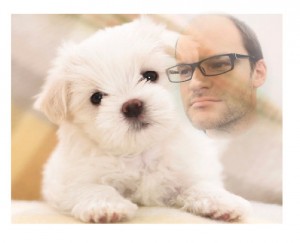
Evgeny Morozov says: “Privacy is a means to democracy, not an end in itself.” 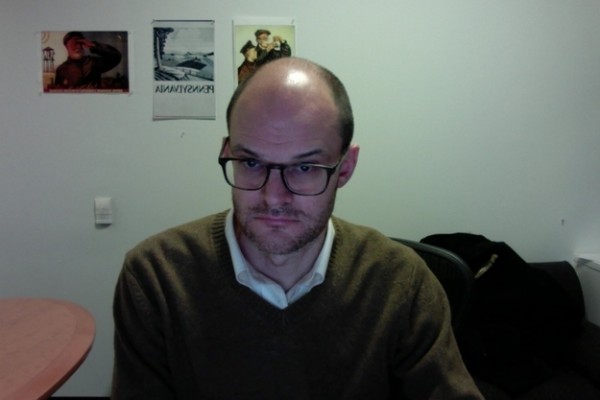
Edward Snowden told Glenn Greenwald and Laura Poitras: “I don’t want to live in a world where there’s no privacy and therefore no room for intellectual exploration and creativity.” Snowden is fighting for privacy in the autumn of its life—a lonely knight championing a cause that people are forgetting to care about. There has been creativity without privacy, there is and there will be.

In these times privacy can’t be taken for granted as a necessity of life. Privacy is an issue—a topic of study. On the far side of privacy there’s a distance from its center, which now can be brought up close, fingered familiarly on all sides, turned upside down, peered at from above and below, doubted, taken apart, laid bare, exposed.
What are you supposed to do with all the things that once belonged to private life? The “right” answer is to incorporate privacy in a personal brand, to construct the realities of your inner life, your sex life, your family life or some mix of these as legible fragments in a constant stream, mimicking the logic of the public life of a celebrity as it is lived in the mass media, but telescoped to the minor scale of social media. But why would you want to live like a celebrity when you’re not one—why, when you don’t get any of fame’s rewards? Becoming a minor brand means living the fantasy of control over a private life, when in fact the personal data that makes it belongs to someone else. Becoming a brand makes it easier for owners of your personal data to read it.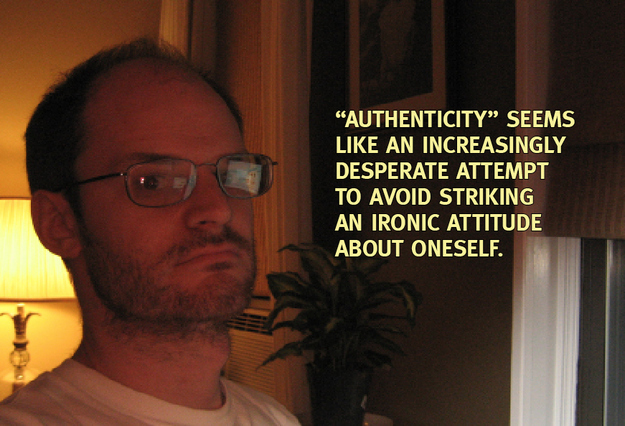 Why not be a blabbermouth instead, or a mess—a vessel of the accidents and randomness of life?
Why not be a blabbermouth instead, or a mess—a vessel of the accidents and randomness of life?
When personal data enters a network it has value because of the habits of secrecy. Evgeny Morozov writes: “[W]e might be living through a transformation in how capitalism works, with personal data emerging as an alternative payment regime.” On the far side of privacy information has value because it was pried away.
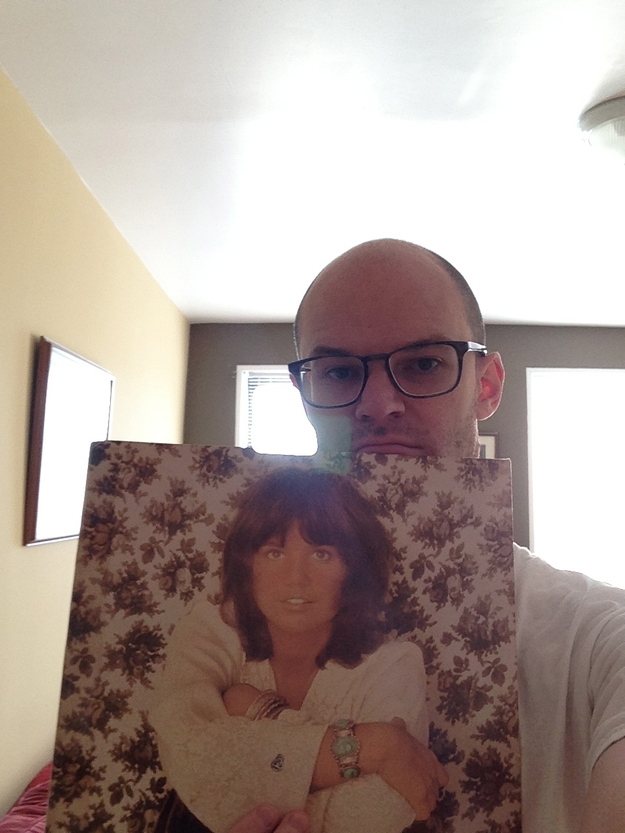
Morozov doesn’t want personal data to be currency because he doesn’t want to lose privacy—he doesn’t want to see it dissipate in exchange value. Morozov says we need more laws to keep privacy’s value in itself. I’m not a lawmaker or an activist. I’m not interested in trying to save privacy, no more than I’m interested in coaching people on leveraging their personal brands. I’d rather think about what’s happening as it happens, and try to describe a perspective on art and social life from the far side of privacy.
Privacy is a genre of social being.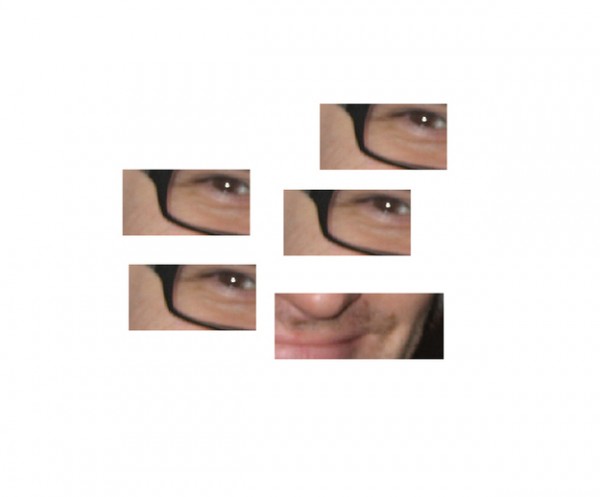 A genre is a constellation of patterns and signals—a flexible structure that helps make things legible without taking responsibility for their legibility, a structure that allows for big variation of messages and rhythms within it. Art is open and it’s given shape by genres, such as the novel. Genres of art share traits in common with genres of other things. The birth of privacy as a genre of social being coincided with the birth of the novel as a genre of literary language. (A genre is a slow birth, not like an animal’s fast one.) Privacy and novels share traits. They have insides and outsides, beginnings and ends; a novel’s narrative promises disclosure much like privacy does. They both are built around bounding lines that make the possibility of discovering something hidden about someone else exciting. The novel doesn’t matter as much now as it used to. The genre of the novel has spawned other, more popular, more formulaic subgenres—the romance novel, the horror novel, or the detective story, where secrets matter most—and clever writers have experimented it to death. The long prose genre that matters most now is the memoir, which promises an exciting disclosure about a real person, rather than a person modeled in fiction. It is an entrance of private life into the public in a way that fits the old logic of the public—it’s like a personal brand in narrative, which is something that interests many people now. Now there are many good novels that are almost impossible to distinguish from memoirs. The newly popular genre of the memoir has given new life to the old genre of the novel.
A genre is a constellation of patterns and signals—a flexible structure that helps make things legible without taking responsibility for their legibility, a structure that allows for big variation of messages and rhythms within it. Art is open and it’s given shape by genres, such as the novel. Genres of art share traits in common with genres of other things. The birth of privacy as a genre of social being coincided with the birth of the novel as a genre of literary language. (A genre is a slow birth, not like an animal’s fast one.) Privacy and novels share traits. They have insides and outsides, beginnings and ends; a novel’s narrative promises disclosure much like privacy does. They both are built around bounding lines that make the possibility of discovering something hidden about someone else exciting. The novel doesn’t matter as much now as it used to. The genre of the novel has spawned other, more popular, more formulaic subgenres—the romance novel, the horror novel, or the detective story, where secrets matter most—and clever writers have experimented it to death. The long prose genre that matters most now is the memoir, which promises an exciting disclosure about a real person, rather than a person modeled in fiction. It is an entrance of private life into the public in a way that fits the old logic of the public—it’s like a personal brand in narrative, which is something that interests many people now. Now there are many good novels that are almost impossible to distinguish from memoirs. The newly popular genre of the memoir has given new life to the old genre of the novel.
The novel doesn’t matter as much now as it once did but it’s not going to go away. It’s hard for a genre to die a final death. The memory of it lives in the habits of artists and audiences. Traces of it remain in other genres that developed in relation to it.
Genres mutate. Genres can appear quaint and obsolete, but there will still be people who love them. Some people are prone to falling in love with quaintness and obsolescence. So it will be with privacy. New, other genres of social being will displace and warp privacy. And new genres of art are being born along with these mutations. Art on the far side of privacy is opened up because the bounding lines that organized privacy and organized the older genres of art are dissipating. And yet these lines probably won’t disappear completely, and even if they do art can never look like it did before privacy was born. We will never be Greeks. Future generations won’t be enchanted en masse by Dionysian excitement the way Nietzsche imagined art at the birth of tragedy—the artworks of the future are born from the pieces of the artworks of the past, the genes of their genres are inside them. The artist, the work, and the world all have to contend with the changing character of social spaces and social being when art is made on the far side of privacy.
